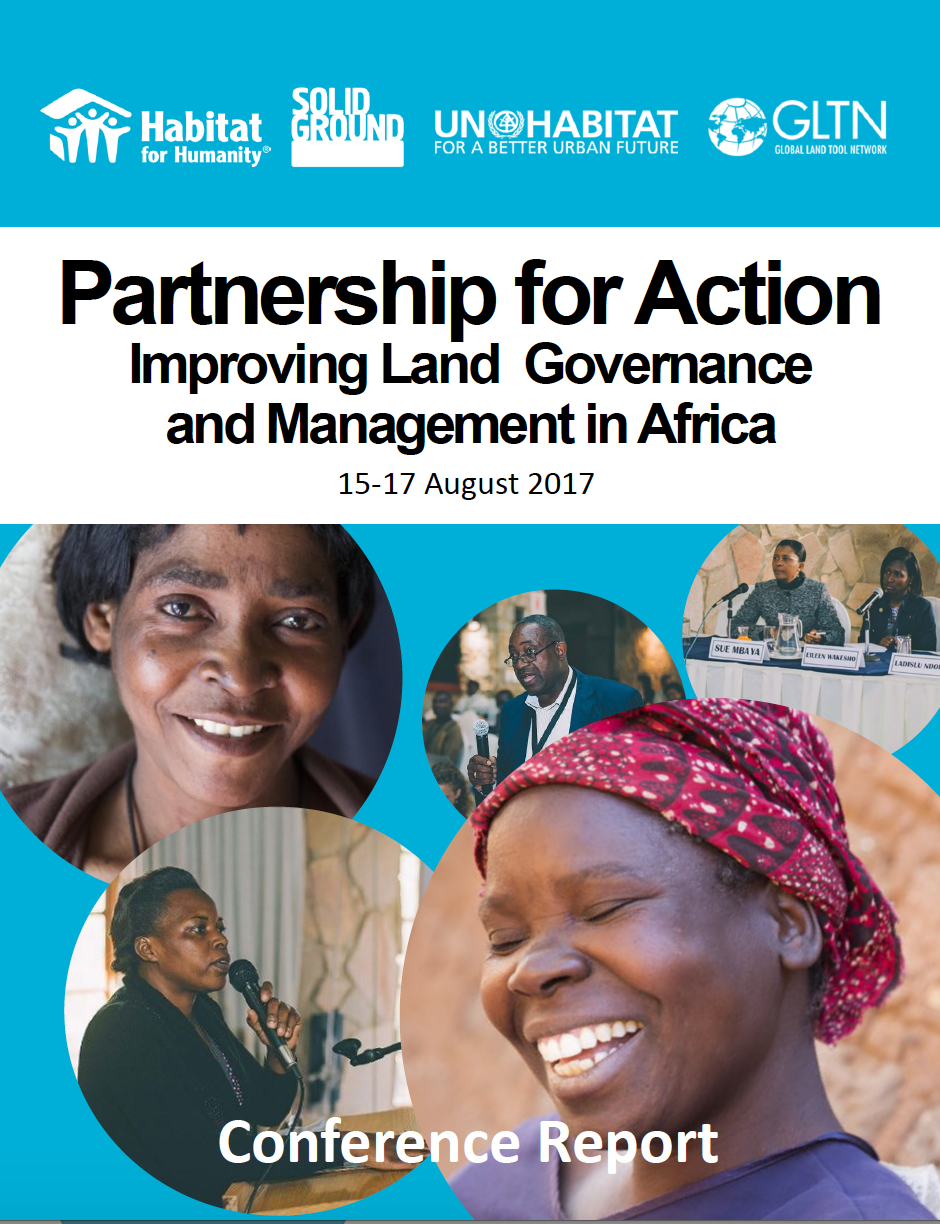The focus in this paper is on two relatively large maize-based contract farming (CF) schemes with fixed input packages (Masara and Akate) and a number of smaller and more flexible CF schemes in a remote region in Ghana (Upper West). Results show that these schemes led to improved technology…
Health-related incentives to reward effort or commitment are commonplace in many professional contracts throughout the world. Typically absent from small-scale agriculture in poor countries, such incentives may help overcome both health issues for remote rural families and supply issues for…
Our goal is to provide the scientific basis for development investments and policies that promote more productive, profitable agriculture, and healthier diets at no environmental cost. Low-income, smallholder farmers face significant challenges across sub-Saharan Africa (SSA). High population…
The impacts of large-scale agricultural investments on rural communities’ land ownership, food security, productivity, income, and access to education and health differ within and between communities depending on business and government influence. Recent examples of large-scale investment models…
This research reviews legislation and policies in Zimbabwe that have a direct or indirect bearing on the relocation of communities. The current model for large-scale investments has changed from previous models, where the majority of investment projects were undertaken by international companies…
How and why do political reactions of certain rural groups align or depart from those of others? Findings suggest that in settler societies, aspects of green grabbing (or land grabbing) may be understood as acts of “white belonging.” Likewise, green grabbing presents other groups with…
Grassroots organizations do not need to wait for the state to implement Voluntary Guidelines on the Responsible Governance of Tenure of Land, Fisheries and Forests in the Context of National Food Security (Tenure Guidelines or TGs). Rural communities can take governance into their own hands and…
The Partnership for Action: Improving Land Governance and Management in Africa Conference took place in Pretoria, South Africa from 15 - 17 August 2017. The conference was part of Habitat for Humanity’s activities under the Global Land Tool Network (GLTN) Urban CSO Cluster of UN-Habitat…
Understanding and interpretation of the CFS/FAO Guidelines on the Responsible Governance of Tenure of Land, Fisheries and Forests (Tenure Guidelines or TGs) is a key factor in communities’ capabilities for collective action, especially through the organization of land pressure groups. TGs help…
Undemocratic politics, policy making and law making interpretation and implementation, prove to be drivers of land grabbing in the four country studies presented here. Food and Agricultural Organization of the United Nations (CFS/FAO) Guidelines on Responsible Governance of Tenure of Land,…
A widely held belief in Bobira is that private land is more fertile than communal land. What came to light through the workshop information sharing is that there is no difference in the type of soil in villages compared to freehold land. Any difference in soil quality is a result of how the land…
This paper deals with strategies to overcome barriers to agricultural extension and advisory services for women in agriculture. In targeting extension services towards women in the agricultural value chain, specific challenges cited in the study surveys are: small farm sizes due to lack of…












